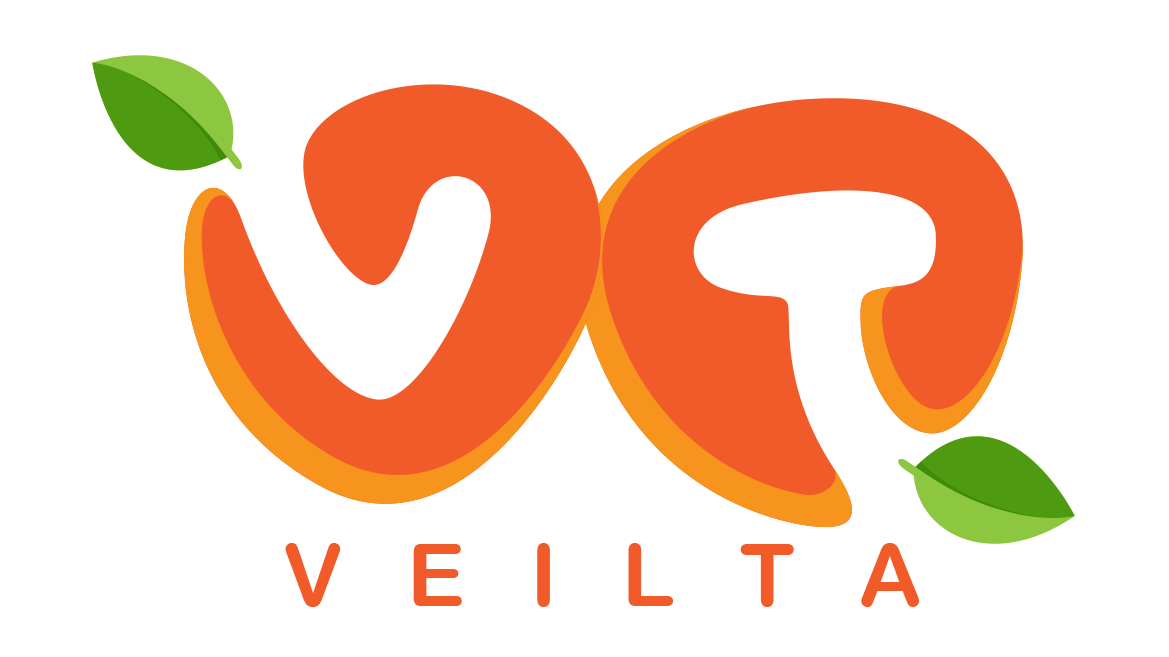The $180 billion skincare industry continues booming, with private label brands projected to dominate 35% of the market by 2025 (Statista). As consumers prioritize personalized, sustainable, and science-backed products, now is the perfect time to launch your skincare line. Here’s how to build a profitable private label brand in 2025:
Step 1: Analyze 2025 Skincare Market Trends
Top 3 Trends Shaping 2025:
- AI-Powered Customization: 62% of consumers now expect personalized formulas (McKinsey 2024).
- Climate-Conscious Beauty: 73% of Gen Z buyers prioritize carbon-neutral brands.
- Microbiome-Friendly Formulas: Probiotic skincare sales grew 240% YoY in 2024.
Keyword Tip: Optimize content for “2025 skincare trends” and “private label skincare opportunities.”
Step 2: Choose Your Niche Strategically
Avoid oversaturated markets like basic cleansers. Instead, target emerging niches:
- Blue Light Protection Serums
- Adaptogenic Moisturizers
- Menopausal Skin Solutions
- Waterless Skincare Bars
Pro Tip: Use Google Keyword Planner to identify low-competition keywords like “vegan anti-pollution serum private label.”
Step 3: Partner with Certified Manufacturers
Key criteria for 2025 suppliers:
✅ FDA/GMP-certified facilities
✅ ECOCERT/Cruelty-Free certifications
✅ Minimum Order Quantity (MOQ) ≤ 500 units
✅ AI formulation capabilities
Top Platforms:
- Alibaba (filter for “Gold Suppliers”)
- WholesaleSuite
- ThomasNet
Step 4: Build Your Brand Story
2025 consumers demand authentic storytelling. Include:
- Founder’s journey (e.g., “Chemist mom creates safe eczema cream”)
- Sustainability roadmap (e.g., “Zero-waste packaging by Q3 2026”)
- Ingredient transparency (use Schema markup for SEO-rich product pages)
Design Must-Haves:
- Reusable/refillable packaging
- AR try-on features via QR codes
- Clear “Clean Beauty” certifications
Step 5: Master SEO & Omnichannel Marketing
SEO Checklist:
- Target location-based keywords: “Organic skincare brand Los Angeles”
- Create blog content around “skin cycling routine 2025” or “CBD skincare benefits”
- Optimize for voice search: Answer “How to start a skincare line?” conversationally
Top 2025 Marketing Channels:
- TikTok Shop (50% of beauty sales expected via social commerce)
- Google Performance Max campaigns
- Loyalty apps with gamified rewards
Step 6: Comply with 2025 Regulations
Stay ahead of new rules:
- EU’s CSRD sustainability reporting
- California’s PFAS Ban (AB 2771)
- FDA’s AI Disclosure Act for customized products
Cost Breakdown (2025 Estimates)
| Item | Average Cost |
|---|---|
| Formula Development | 1,200−5,000 |
| 500-Unit Production | 8,000−15,000 |
| Eco-Packaging | $2.50/unit |
Most brands achieve ROI within 14 months by focusing on subscription models.
Final Tips for 2025 Success
- Offer at least 1 “smart” product (e.g., pH-adjusting masks)
- Partner with dermatologist influencers
- Use ChatGPT for drafting FDA-compliant labels
FAQ Section
Q: Is private label skincare profitable in 2025?
A: Yes, with average margins of 65-80% for brands using AI inventory tools.
Q: What’s the #1 mistake new brands make?
A: Skipping preservative efficacy testing (PET), leading to costly recalls.
Q: How to find private label manufacturers?
A: Search “top private label skincare manufacturers 2025” with Fakespot to avoid scams.





